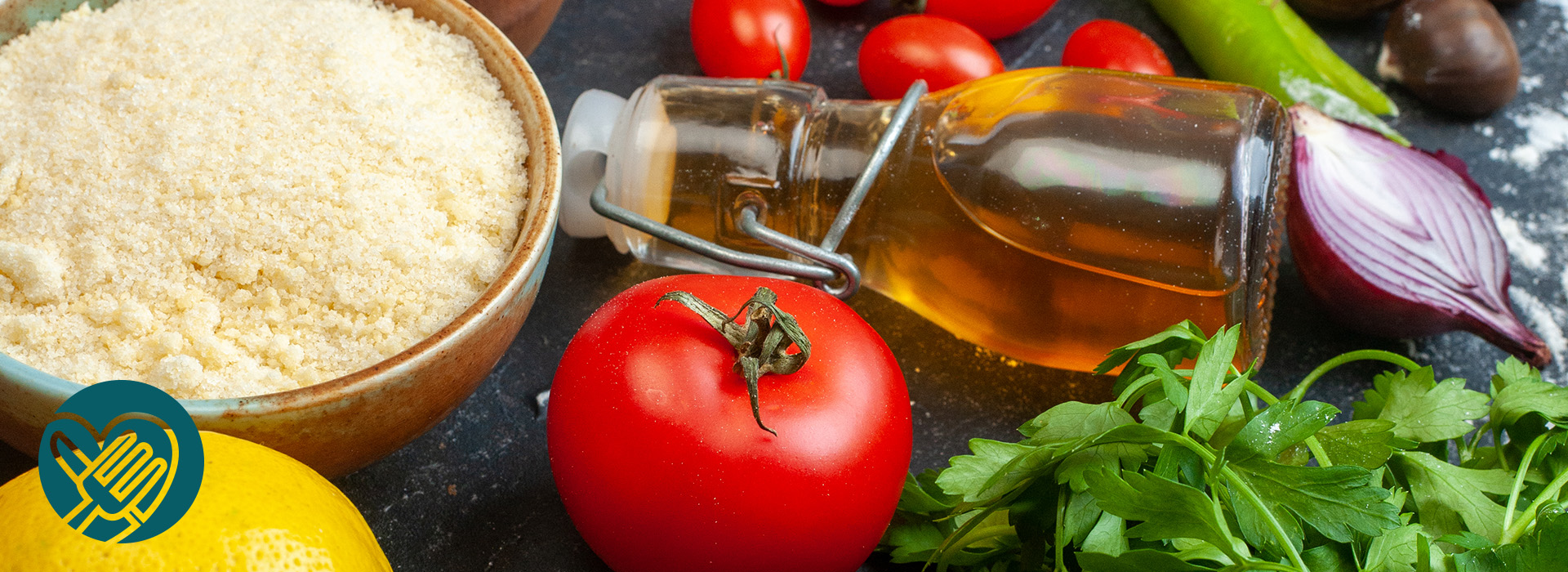
Nourishing Defences: The Role of Nutrition in Preventing Cancer
In the pursuit of a healthy and resilient life, nutrition emerges as a formidable ally in the prevention of cancer. The food choices we make not only fuel our bodies but also play a crucial role in fortifying our immune systems and safeguarding against the development of various types of cancer. In this article, we delve into the essential components of a cancer-preventive diet and explore the science behind the connection between nutrition and cancer prevention.
- Fruits and Vegetables – ‘A Colourful Defence’: The vibrant hues of fruits and vegetables signify a rich tapestry of antioxidants, vitamins, and minerals that are fundamental in the fight against cancer. These plant-based foods contain phytochemicals, such as flavonoids and carotenoids, which possess potent antioxidant properties. Antioxidants neutralise free radicals, unstable molecules that can damage DNA and potentially lead to cancer. Aim to include a rainbow of fruits and vegetables in your diet, as different colours often indicate unique sets of beneficial compounds.
- Whole Grains – ‘The Fibre Connection’: Whole grains, such as brown rice, quinoa, and oats, are rich in fibre—a key player in cancer prevention. Fiber aids in digestion, helps maintain a healthy weight, and regulates blood sugar levels. Additionally, certain types of fibre ferment in the gut, producing short-chain fatty acids that have been associated with a reduced risk of colorectal cancer. Choose whole grains over refined grains to maximise your fibre intake and support digestive health.
- Lean Proteins – ‘Balancing Act for Cancer Prevention’: Including lean sources of protein in your diet, such as poultry, fish, beans, and legumes, contributes to cancer prevention by promoting overall health and aiding in weight management. Reducing the intake of processed and red meats, which has been linked to an increased risk of certain cancers, is a prudent choice. Balance is key, and choosing plant-based proteins can be a heart-healthy and cancer-preventive option.
- Healthy Fats – ‘Omega-3s and Beyond’: Opting for healthy fats, such as those found in avocados, nuts, and olive oil, supports cancer prevention. Omega-3 fatty acids, abundant in fatty fish like salmon, have anti-inflammatory properties and may help reduce the risk of various cancers. Minimise the consumption of saturated and trans fats, often present in processed and fried foods, as these fats may contribute to inflammation and increase cancer risk.
- Limiting Sugar and Processed Foods: Excessive sugar consumption and a diet high in processed foods have been linked to an increased risk of obesity and certain types of cancer. Sugar fuels inflammation and contributes to insulin resistance, promoting an environment conducive to cancer development. Opt for natural sweeteners in moderation and limit the intake of processed snacks and sugary beverages to support overall health and cancer prevention.
- Hydration – ‘The Overlooked Hero’: Staying adequately hydrated is often underestimated in its impact on cancer prevention. Water is essential for various bodily functions, including the elimination of toxins. Proper hydration supports cellular health, aids digestion, and helps maintain optimal bodily functions, creating an environment less conducive to cancer development. Aim to drink plenty of water throughout the day to support overall well-being.
- Cruciferous Vegetables – ‘The Brassica Boost’: Cruciferous vegetables, such as broccoli, cauliflower, and Brussels sprouts, are renowned for their cancer-fighting properties. These vegetables contain sulforaphane, a compound with potent anti-cancer effects. Studies suggest that sulforaphane may help inhibit the growth of cancer cells and enhance the body’s ability to detoxify carcinogens. Including cruciferous vegetables in your diet provides a flavourful and powerful boost to your cancer-preventive nutrition plan.
- Green Tea – ‘A Sip of Prevention’: Green tea, rich in polyphenols and antioxidants, has been associated with a reduced risk of certain cancers. Epigallocatechin gallate (EGCG), a key compound in green tea, has shown promising anti-cancer properties in preclinical studies. While more research is needed, incorporating green tea into your daily routine can be a refreshing and potentially beneficial addition to your cancer prevention strategy.
Conclusion
Nourishing our bodies with a cancer-preventive diet is a proactive and empowering approach to health. The synergy of antioxidants, fibre, and essential nutrients found in a well-balanced, plant-centric diet forms a robust defence against the development of cancer. By making mindful choices, embracing a variety of colourful foods, and prioritising whole, nutrient-dense options, individuals can cultivate a foundation for a resilient and cancer-free future. It’s not just about eating; it’s about making informed choices that nourish our bodies and fortify our defences against the complexities of cancer.
